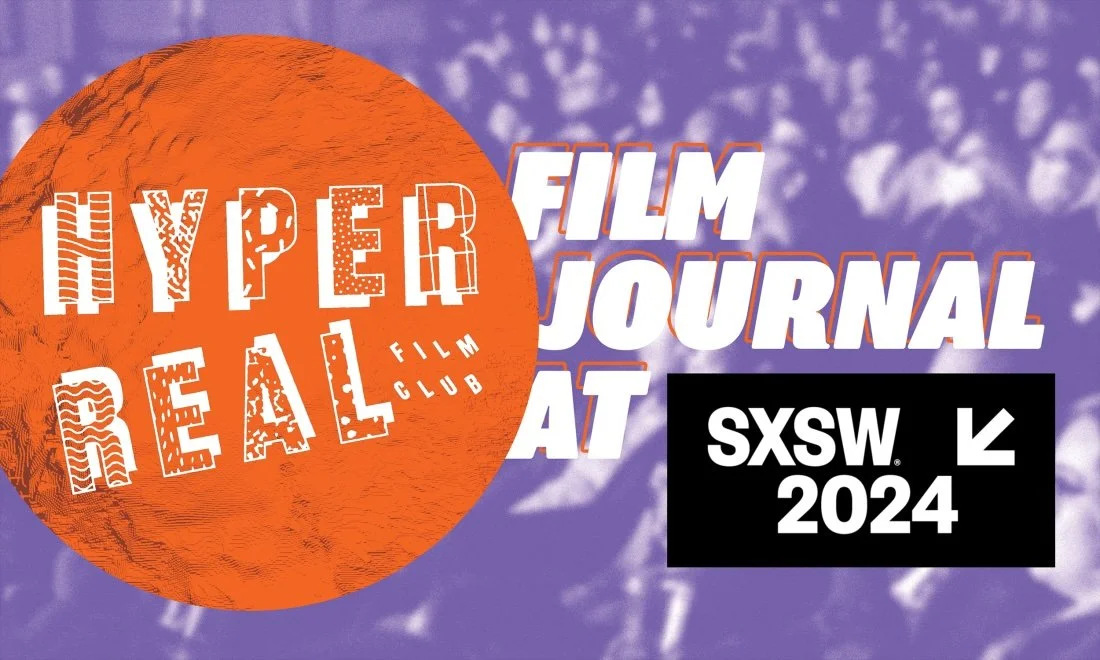Making Art in a Hostile World: Grand Theft Hamlet
"You can't stop art, motherfuckers!" yells out-of-work actor Sam Crane as dozens of cops, some riding tanks and helicopters, descend on him and his friends’ rehearsal of a production of Hamlet inside the world of Grand Theft Auto: Online. It's an incredibly on-the-nose visual metaphor for the Grand Theft Hamlet's thematic goals, but that doesn't take away from its power. The film is about making art in a hostile world, about carving out time and energy and justifications for why you're doing such a meaningless thing in the first place. Making art is its own raison d'être, and if there wasn't a point to it, then why are people trying to stop you?
Grand Theft Hamlet is a documentary that takes place entirely within the digital open game world of Grand Theft Auto: Online, following two unemployed actors, Crane and Mark Oosterveen, as they attempt to put on a production of Hamlet in the notoriously violent and Shakespeare-unfriendly game world. Sam's partner, Pinny Gryllis, quickly joins the crew as co-director, capturing game footage with her own character's perspective as Sam and Mark discuss plans, audition potential actors, troubleshoot problems, and consider whether there's even any point in investing so much time and energy toward what feels like a doomed endeavor from the start.
And it really does feel doomed. Video games in general have a somewhat earned reputation for being unwelcoming and hostile to new or confused players, and online spaces tend to be even more focused around group dynamics. Grand Theft Auto is a game in which the actual intended "fun" of the game involves shooting, driving, hijacking, fighting, stealing, et cetera in a larger world where every other player is doing similarly. These are action verbs for an action-filled world, and the game is very encouraging to players looking to shoot first, ask questions never. Putting on a small play in an unused corner of the map would be difficult enough to pull off without getting blasted into dust by a missile fired by a military fighter jet. It’s even harder with the extra challenge of actively seeking out players to join the production and considering how best to visually depict the play using the tools at hand. How do you convince people playing a game to shoot guns and ride tanks that they should spend hours, days, even weeks of their life rehearsing for a Shakespeare play? It's the type of immediately intriguing challenge that begs to be documented in some way, but thankfully the film doesn't stop short at just showing the event in question.
Visually and narratively, Grand Theft Hamlet stands out from other documentaries immediately. By taking place entirely in a digital world, especially one familiar to millions of people even if they haven't played the game itself, the film offers an immediately striking visual gimmick. Most people haven't seen a documentary that takes place entirely inside a video game. But Gryllis and Crane's narrative rhythm doesn't rest entirely on the easy gimmick; there's a genuine beauty to the scenery that they capture, a stillness deeply at odds with the violent goings on that populate it. Even the limited expressions of the game characters take on an emotional resonance so subtly and quickly you don't even notice it consciously. Like looking at a simple smiley face and seeing a hint of sorrow or manic enthusiasm, the brain creates its own meaning from the limited information available.
Crane, Ooversteen, and Gryllis never appear onscreen in the documentary itself (they do pop up briefly in the credits), but it feels as though they do—their exaggerated, goofy character models take on a solid weight, becoming more real than they should be. Although it shouldn't come as a huge surprise. That's what acting is, after all; filling a loosely-sketched character with the weight and emotional reality of a lived experience. Sam and Mark's role as actors out of work acting in a play where they are acting as characters in Grand Theft Auto: Online (and possibly acting explicitly as documentary subjects to make the narrative more engaging) creates a satisfying irritation as the movie continues, forcing the viewer to confront the artifice both explicit and implicit in the story.
It’s fitting that they choose to adapt Hamlet considering the importance of the play-within-a-play framework and how the characters in the story are constantly at odds with their private personas, their public personas, and the gray area in between. This Shakespeare quote comes from As You Like It, but applies to Hamlet and Grand Theft Hamlet all the same: "All the world's a stage, and all the men and women merely players. They have their exits and their entrances; And one man in his time plays many parts."
We are given opportunities to become other people, to explore the boundaries of art and life, to find what makes us happy even if, especially if, it seems absurd to anyone else. Sam and Mark started their project because they were bored, out of work, and stuck quarantined at home during the COVID-19 pandemic, but they finished it because there was meaning in it, somewhere, somehow. And there was meaning in it to others, as well. The aunt who always dreamed of being on stage performing Shakespeare but had to use her nephew's GTA account in order to audition. The trans person who was able to express themself through the digital world and a digital Hamlet as they explored their gender identity. The player with ADHD who'd never read Shakespeare and just showed up because he was bored and curious. These actors found meaning in a meaningless act, and they were right to, even if that meaning also involves a nude alien shaking his bare ass at the camera during his audition.




Ziah is the founder and former editor-in-chief of the Hyperreal Film Journal. He can usually be found at Austin Film Society or biking around town.